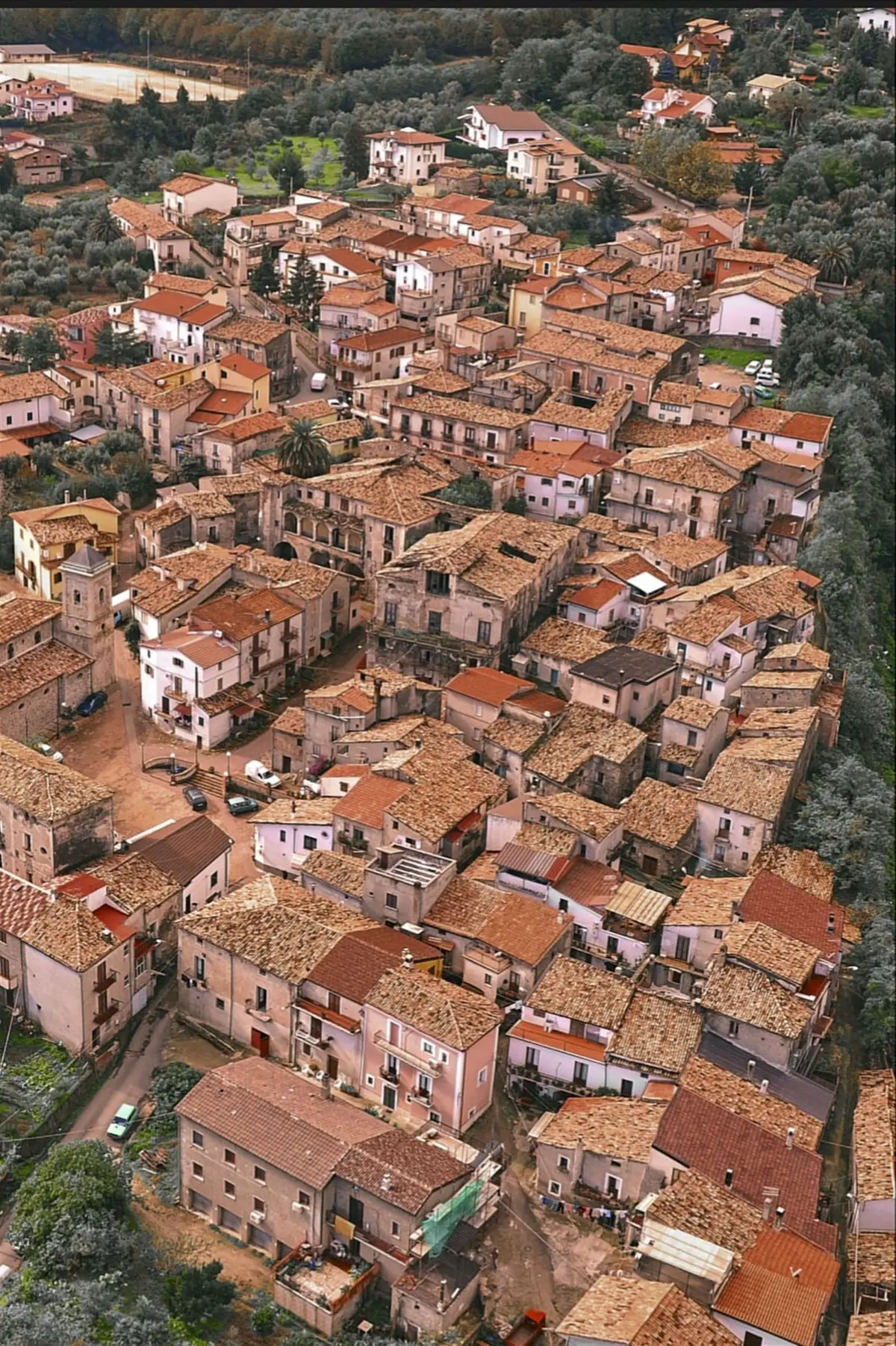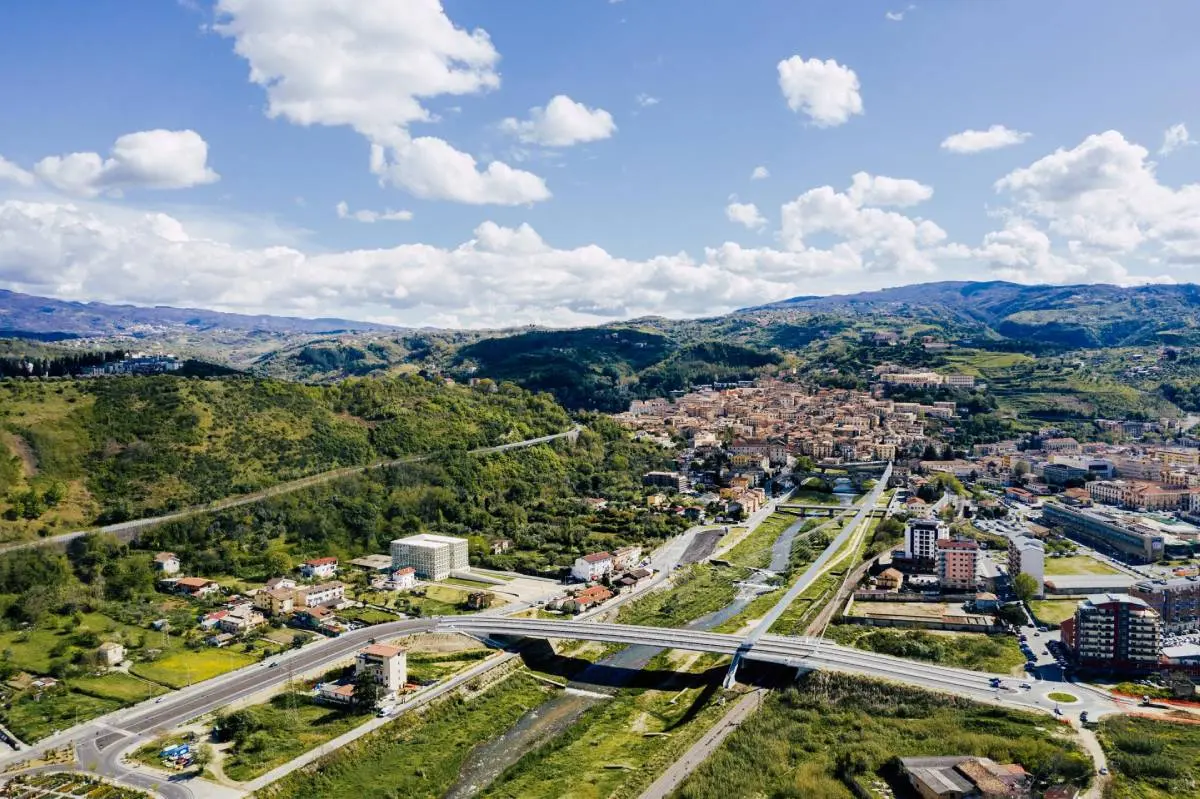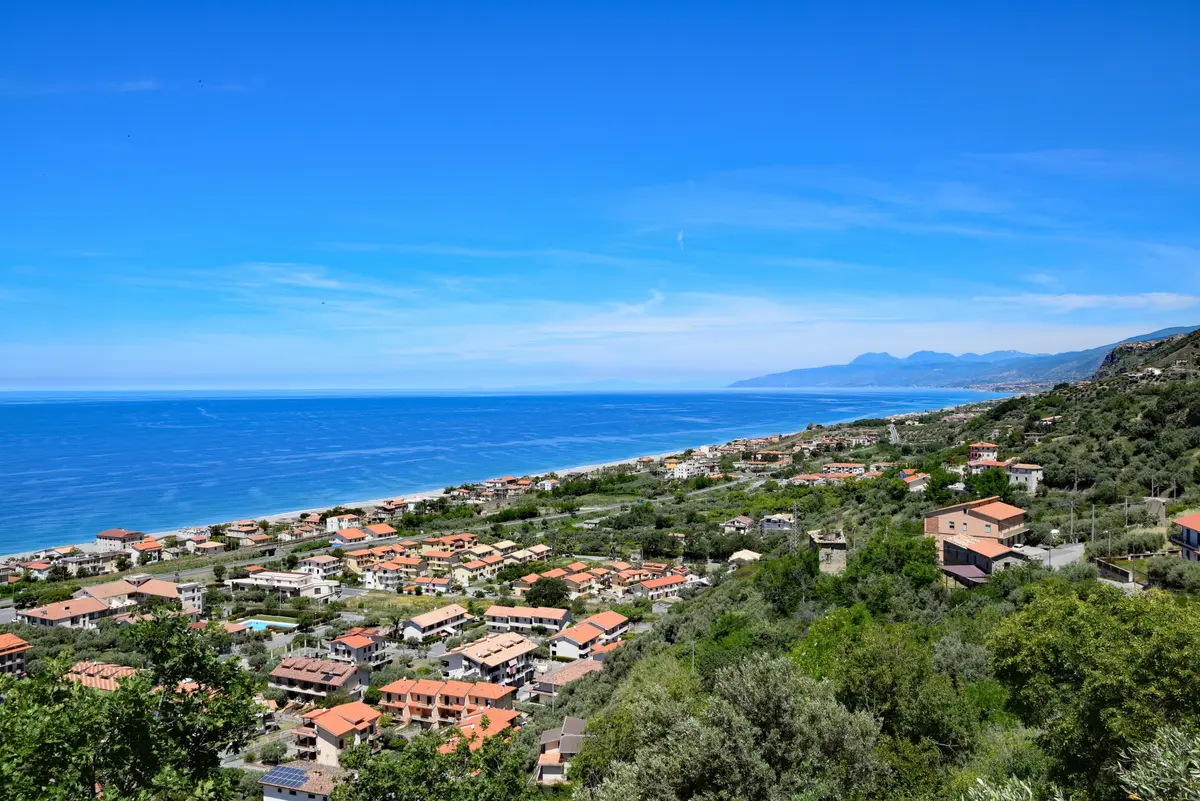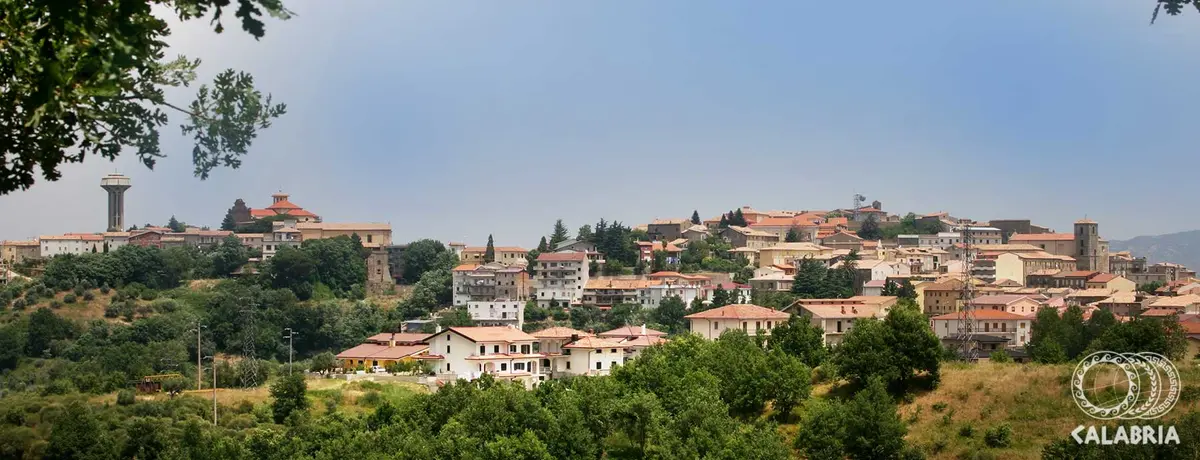Paola
Birthplace of St Francis, the patron saint of Calabria

Worship
Santuario di San Francesco di Paola, Paola - Regione Calabria
One of the most important localities of the Riviera dei Cedri, in the province of Cosenza, Green Flag for beaches suitable for children, Paola is famous for being the birthplace of Saint Francis, the patron saint of Calabria.
The Shrine of San Francesco di Paola, known as the ‘’Calabrian Santiago‘’, is set in the rocks and greenery and is one of the most important sacred and pilgrimage sites in the region, the destination of a dedicated pilgrimage route.
A perfect synthesis of sea and mountains, the territory of Paola is immersed in unspoilt nature, an ideal destination all year round. The historical centre of Paola is accessible from the monumental San Francesco di Paola Gate, which immediately leads to Piazza del Popolo, with the Pisciarieddi Fountain in front of the Church of the Madonna di Montevergine, rich in works of art.
From here, take Paola's main street, along which you will find the Church of the Rosary, the Church of St James Minor and the Church of St Catherine Virgin and Martyr, as well as another splendid monumental fountain: the Fountain of the Seven Canals, built in the 17th century by local craftsmen. Pilgrims arriving in Paola cannot fail to visit the small Birthplace of St Francis of Paola, now a chapel in the centre of town. Outside the town are the Castle Tower, on the watchtower overlooking the town, the Church of Sotterra, among the oldest underground chapels in the region, and the Badia complex, with its small Antiquarium.
Paola's pride and joy is the Shrine of San Francesco, on the hill: a pilgrimage destination, particularly on 2 April when the feast day takes place, the Shrine houses the relics of the Calabrian patron saint. It overlooks a large panoramic square and includes the modern Basilica, the ‘Fonte della Cucchiarella’, a miraculous spring from which pilgrims draw, the Devil's Bridge and the small hermitage where the saint spent his youthful years.
No result





